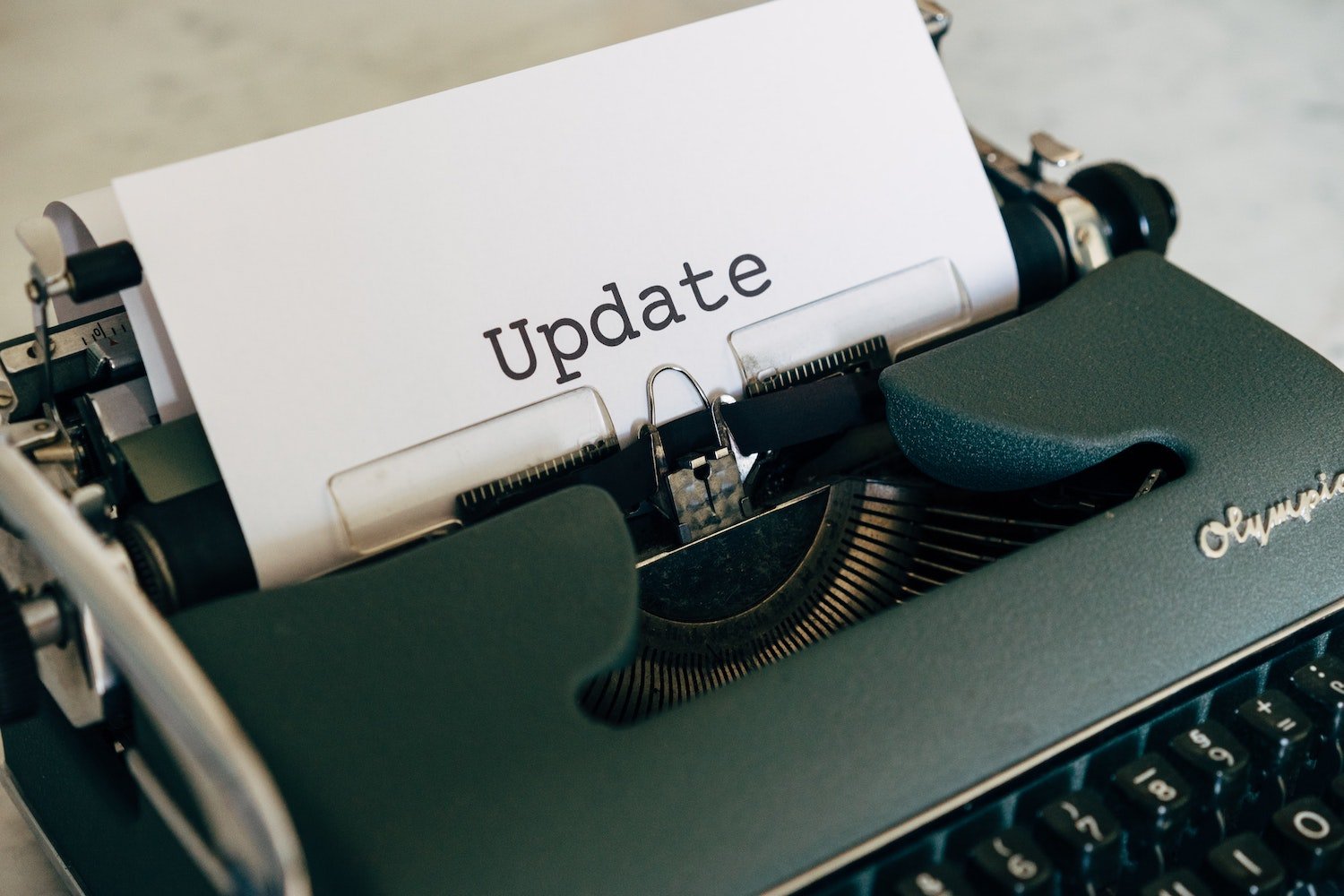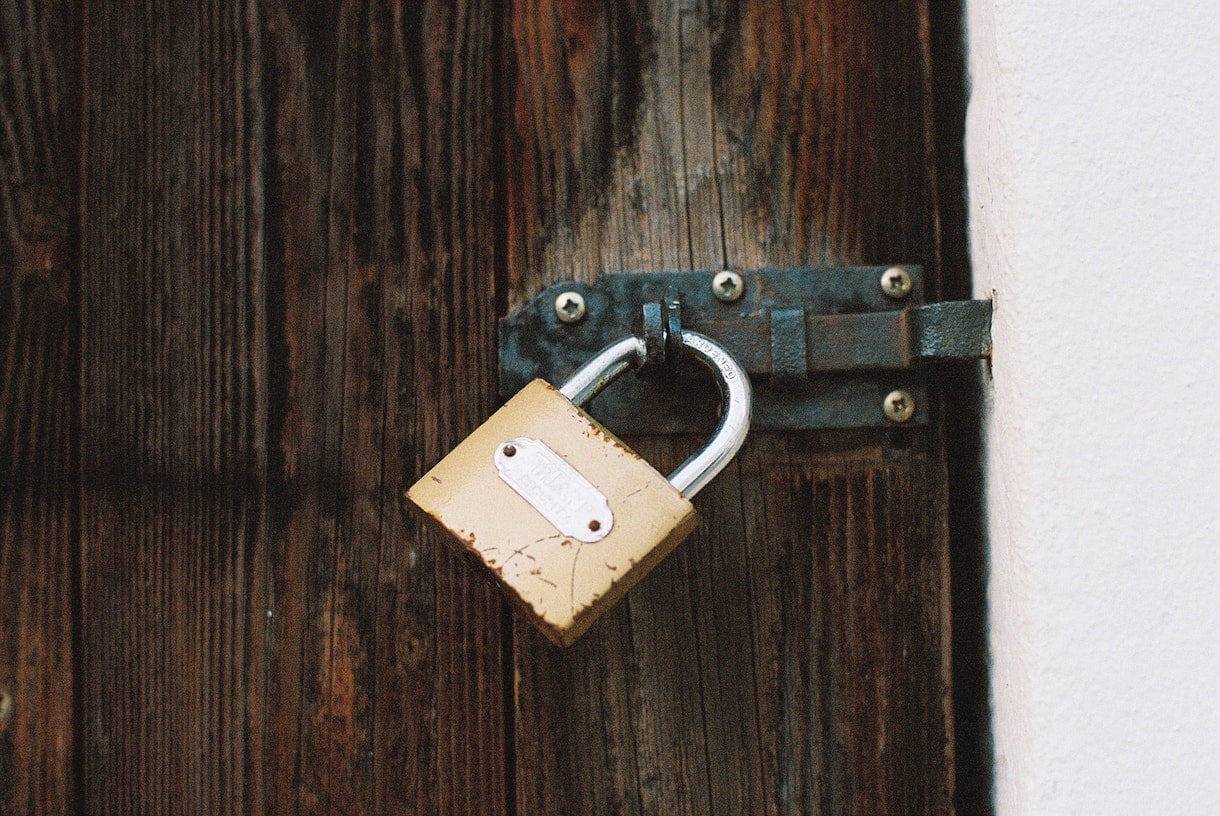To make websites more secure, Google's chrome browser will soon start blocking so-called Mixed Content, which is integrated from non-secure or non-SSL-encrypted pages. The update also affects podcasters - we explain what you need to know and what to do now.

Internet giant Google has announced an important update for its Chrome browser for the second half of this year, that also podcasters need to know about: After updating to Google Chrome Version 88 at the end of 2020, content that cannot be SSL-encrypted because it is not integrated via a secure HTTPS address will be blocked - so called Mixed Content. This includes images, videos, but also audio files and scripts, such as a podcast web player integrated into a website.
Since 2018, Google has been rigorously pushing the switch to secure websites with HTTPS addresses. The aim is to protect users from unauthorised third parties and hackers who access data or place malware while browsing. HTTPS addresses use SSL encryption to transfer data securely and anonymously. That’s why Google has been marking HTTPS addresses with a lock and indicating that the connection is secure for some time. HTTP addresses (without an “S” at the end), on the other hand, appear with a red warning triangle to warn users of the unsecure connection.

The majority of websites now already use the secure HTTPS protocol. However, even these pages often contain content that originates from an insecure HTTP address. This can become a potential entry point for computer criminals, because the integrity of the website data is then no longer guaranteed. To prevent this, Google Chrome starting with version 88 blocks such Mixed Content that is transmitted unencrypted.
What does that mean in concrete terms?
If your podcast is hosted by a hoster that does not use secure addresses for its web player, it means that the web player you have embedded on your site will no longer work after updating to Chrome 88. In this case, your listeners can no longer play your podcast on the website. The play button also refuses to work on the overview pages of Apple Podcasts and Google Podcasts. This will not affect your feed and the display of your podcast on platforms like Spotify, which is a small consolation.
As a Podigee customer, we can reassure you: The web player we use is securely using encrypted HTTPS addresses and will have no problems even after the chrome update.
Does this really concern me?
Dan Misener did a research for the American podcast agency Pacific Content: Of the 20 million or so podcast episodes on Apple Podcasts, 8.7 million are not available at an HTTPS address.
Almost half of all podcast episodes found there could run into problems. At least that’s what it looks like at first glance. Reason to panic?
Not quite. Google won’t block Mixed Content abruptly, but will initially use a workaround in the coming months: Some hosters deliver their web players via both HTTP and HTTPS addresses. In the transition phase - until the update to version 88 - Google Chrome will automatically search for the secure address and load the web player via the encrypted connection if possible. Only those players that only use HTTP addresses will not load.
In his research for Pacific Content, Dan Misener estimates that, according to current information, around 1 million podcast episodes will be affected.
What do I have to do?
We’re happy to help: If you host your podcast at Podigee, you don’t have to worry. Not only is the player ready for the chrome update, but it is also under constant development - you can find more information about our player here.
If you have your podcast hosted by a hoster that does not yet use HTTPS certificates as standard and nationwide, but only has them as an alternative address, Google will grant you a small grace period. You should definitely use this period to inform yourself. Ask your provider how your podcast is hosted and what the plan for the chrome update is. If necessary, change the provider so that your audience can continue listening to you via web player. And while we’re on the subject: have you heard about our free relocation service?